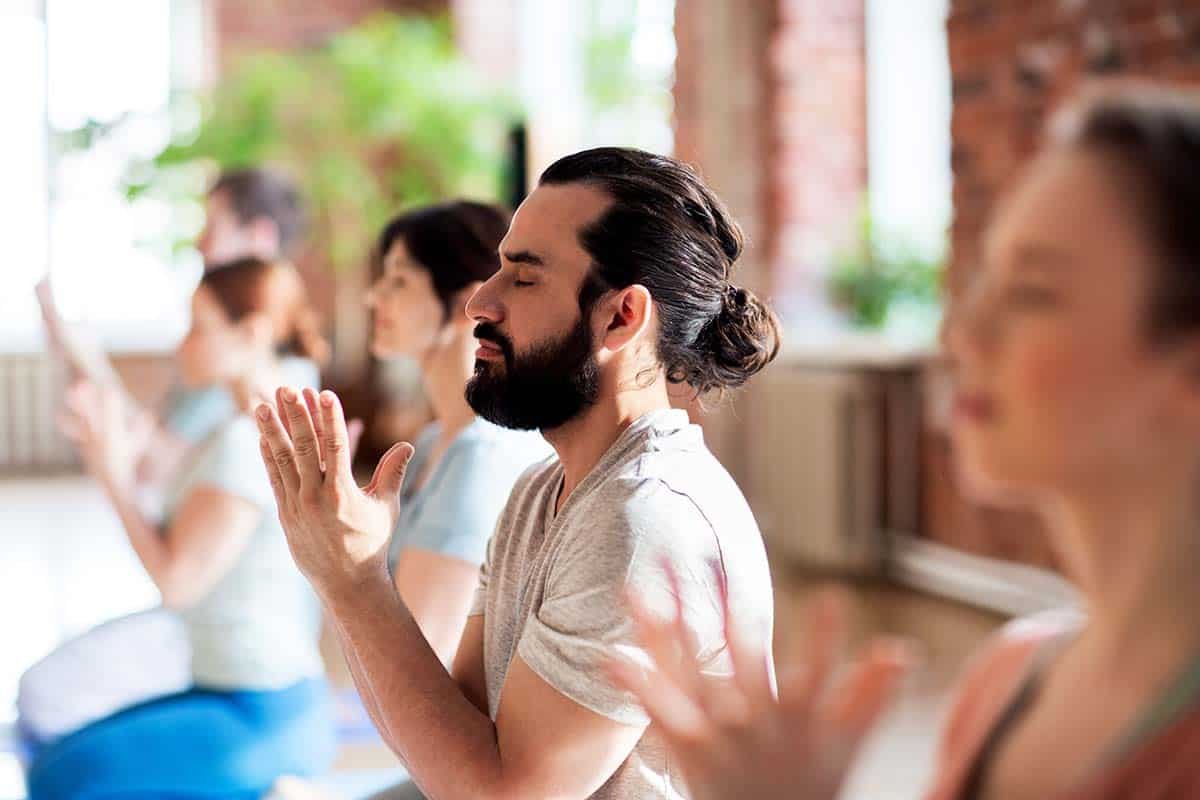Renowned addiction researcher Dr. Bruce Alexander believes we are experiencing a paradigm shift in the world of recovery. That shift, however, is very uneven – Western Europe is much farther along than we are in this respect. The reasons for this have much to do with the ways our health care system shape the culture the drug addiction treatment industry generally.
So, what is the paradigm shift? Basically, the social sciences (especially anthropology, history, and sociology) are transforming our understanding of the etiology (i.e. cause or causes) of addiction. We now understand that addiction is not a human universal – it is not a hazard of being human. Addiction was essentially unknown in intact indigenous cultures and was relatively rare in the premodern era. This means that the causes of addiction are essentially social. This new understanding of addiction is reflected in the remarkable research being done by a host of thinkers from a variety of fields. Here is short list of some of the thinkers and their respective disciplines: Bruce Alexander and Carl Hart (psychology), Michelle Alexander (law), Donna Murch and Douglas Valentine (history), Helena Hansen (psychiatry and anthropology), Marc Lewis (neurobiology), Gabor Mate and Bessel van der Kolk (medicine), Sam Quinones and Robert Whitaker (journalism), Kent Dunnington (theology), and Brian Francis Culkin (critical theory). We rarely hear about this research in treatment centers or in clinical graduate programs. Given the above, Rockland Recovery Treatment Center is determined to incorporate the best of this research into its programming.
To do this, we must be willing to critique the 12 Step movement. Millions of people have found lasting recovery from addiction via the steps. Many however hit a spiritual wall or find themselves in need of something more. Some addicts and alcoholics are so traumatized that they cannot find a foothold in a spirituality that placed such strong emphasis on personal accountability. Rockland Recovery understands that it must be trauma savvy; we also introduce our clients to some practices and resources that they can utilize long after the have left treatment. Here is an example of the kinds of things we do:
Recently we took our clients to a Resistance Recovery event at the First Congregational Church in Fall River. Hosted by our friend and supporter, the Rev Andy Stinson, we gathered for a day of centering prayer, food, yoga, and testimony. The centering prayer workshop served to get us grounded and to teach our clients how to enhance their 11th Step. As our clients relaxed and got out of the stress response, they began to converse more freely and intimately; a spirit of camaraderie and fellowship filled the church. It got much deeper in the afternoon after we practiced yoga together. By the time we reconvened to hear the speakers we were wide open, relaxed, and receptive. That receptivity was met by the powerful and courageous words of two speakers who related the ways their addiction was rooted in trauma, stress, and alienation. They spoke about big pharma, interfamilial abuse, incarceration, and bullying.
The Fall River Resistance Recovery event was a microcosm of the emergent paradigm shift. We gathered to engage in practices (centering prayer and yoga) designed to get us out of the stress response and create an atmosphere of reverence. Those practices brought us into intimate proximity with one another; they soothed our overwrought nervous systems and provided relief from the reactivity and feelings of loneliness and alienation that are symptomatic of life today. We became responsive – we could really hear the powerful testimony of our fellows. This means we created a safe vessel in which to speak and to weep and to heal. These are the elements of the recovery of the future; for it is not so much about replacing the 12 Steps but of enhancing them.
At Rockland Recovery we believe that our clients can only heal if they feel relaxed, safe, and secure. Much of our programming is geared towards that end. We meditate, practice yoga, hike in the woods, or go to the gym daily. Connection is indeed the opposite of addiction, but the addict can only make meaning connection with others if he/she feels safe and genuinely cared for. This sense of connection lays at the heart of the Rockland Recovery ethos.

